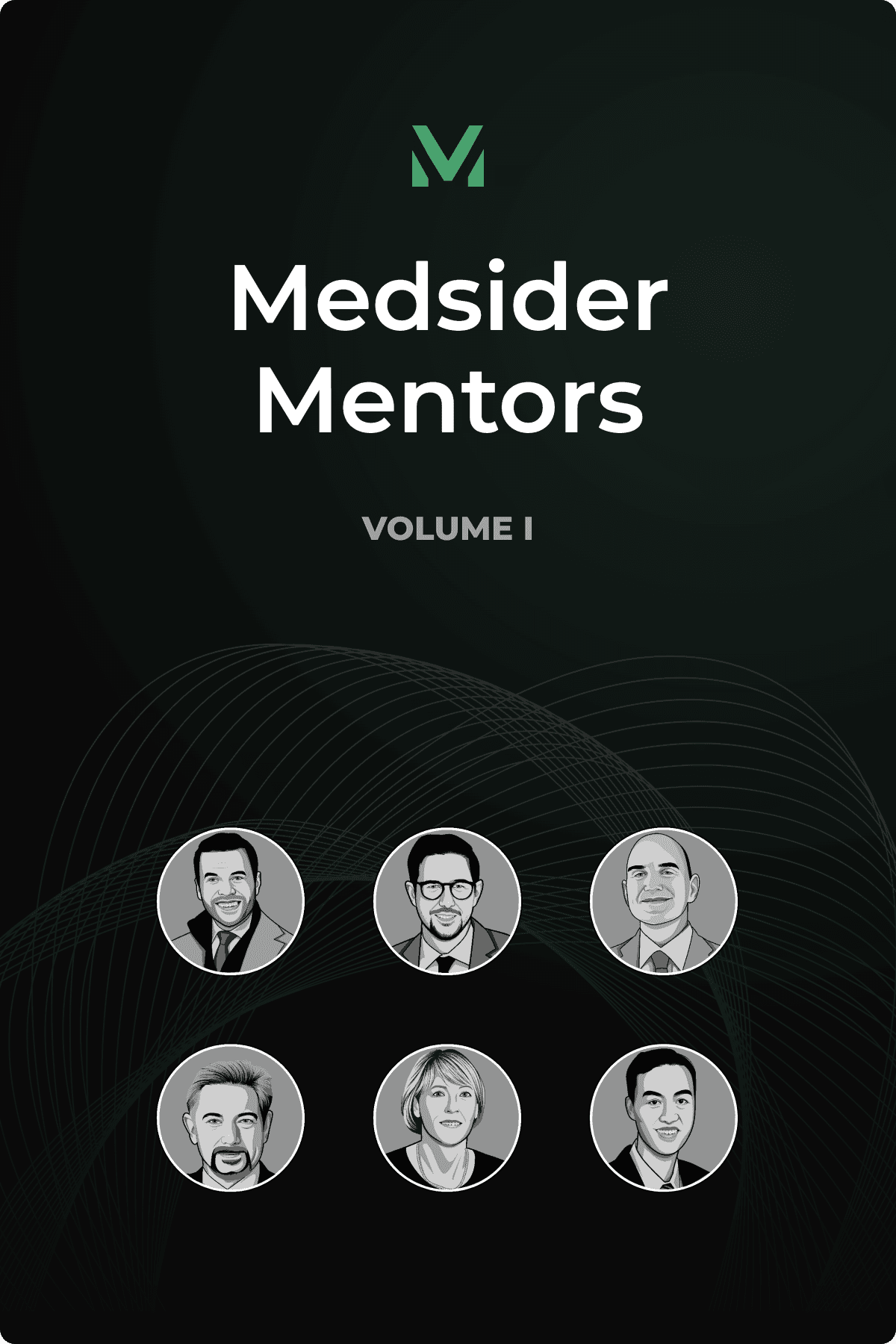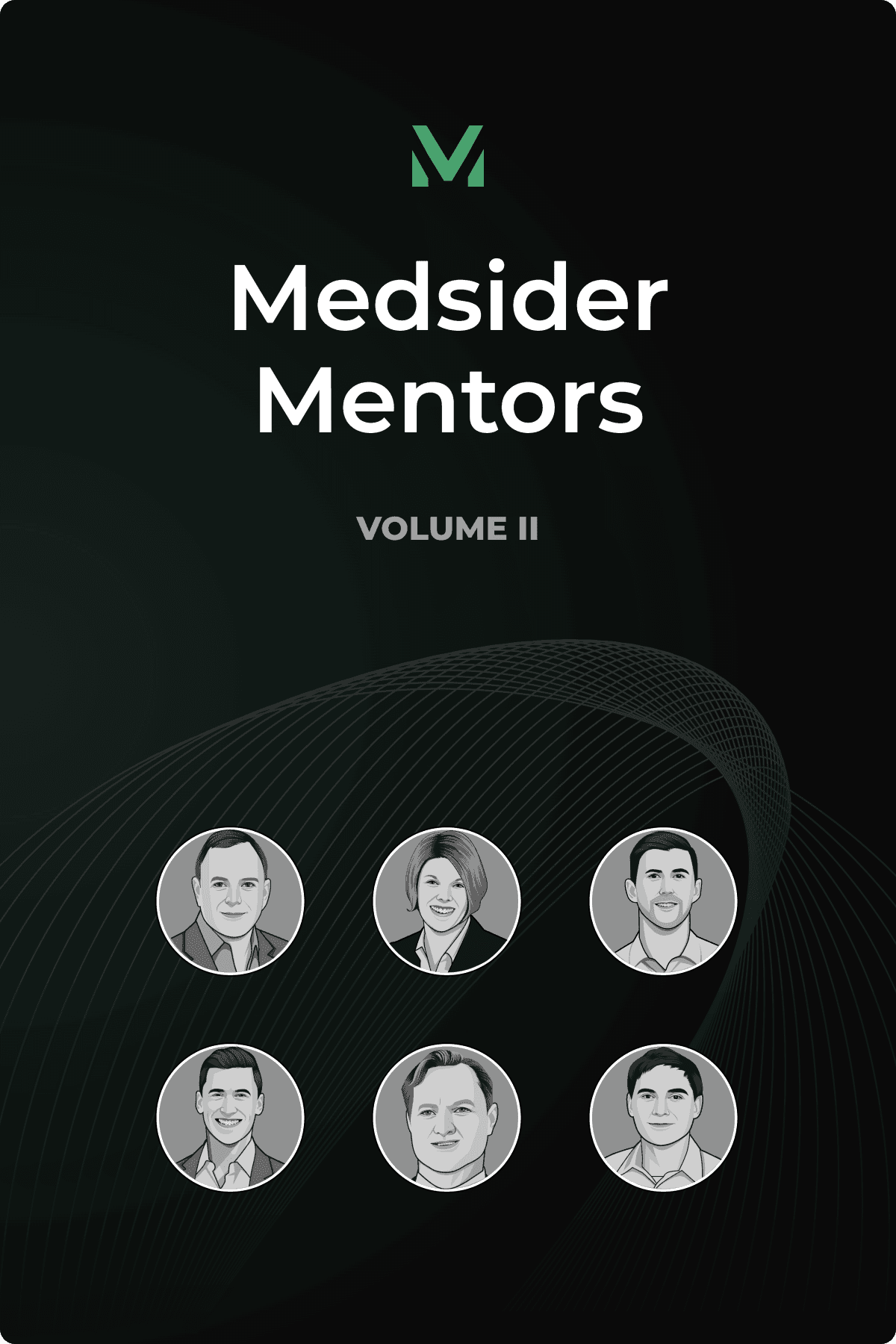The Art of Medical Device Reimbursement
Interview with Randel Richner, Founder of Neocure Group

510(k) this. PMA that. What does it matter if a device is FDA approved, but not reimbursable?
Could reimbursement possibly be more important than the regulatory environment within the medical device space?
Randel Richner is here to help us better understand the reimbursement game. Listen up!
Interview Highlights with Randel Richner
A recent case study of how Randel helped save a medical device company from severe reimbursement implications within a week’s time.
How Randel’s team at Neocure helps medtech and biopharma companies get paid through effective reimbursement and health economic strategies.
Randel’s dynamic background and how she came to found the Neocure Group.
Neocure’s unique “orchestra score” philosophy and how it aids in streamlining reimbursement strategies.
The massive implications for medtech companies based on the healthcare reform wildcard.
How Neocure’s unique data trends help their medtech and biotech customers achieve effective healthcare economic outcomes.
The importance of defining the difference between how hospitals get paid and how physicians get paid.
Why it’s necessary for medtech and biotech companies to catch up to the investors in terms of understanding the importance of reimbursement.
What Randel means by the statement “comparative effectiveness is a code word for cost-effectiveness”.
You May Like These Articles
Medsider Premium
Become a premium member and unlock access to exclusive Medsider benefits.



